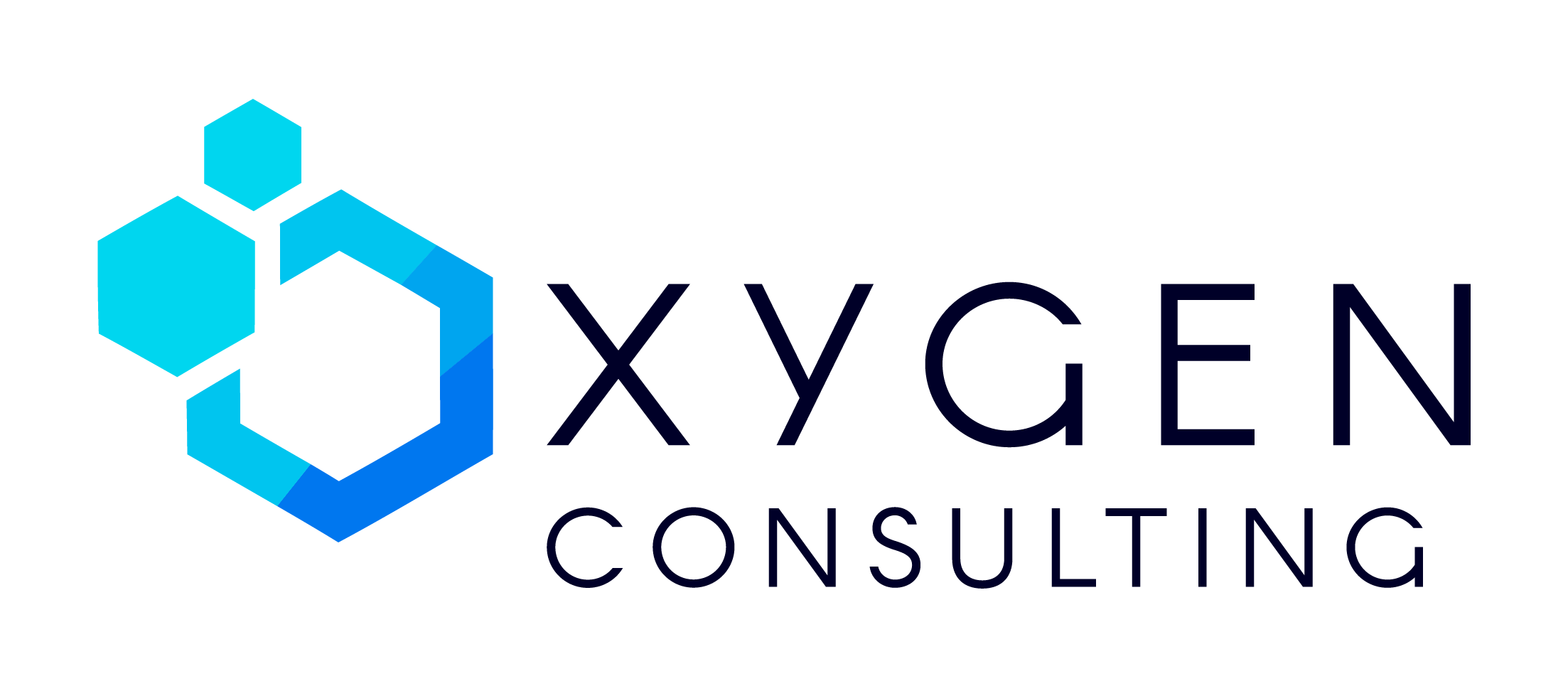

Oxygen Consulting

July 2023
Management consultant - for-profits
Service with Minor Environmental Footprint
Australia,
New Zealand
Oxygen Consulting provides businesses with expert advice and guidance on sustainability practices, helping those who are at the start of their journey through to more mature sustainability leaders seeking to take things to the next level. We’ve helped a range of organisations achieve success through sustainability, including Westpac, Audi NZ, Stride Investment Management, Port of Tauranga, Allpress, AA Insurance, Bupa, Green Acres (FBL), Spark, Naylor Love, Suncorp, Stuff, StraitNZ, VTNZ, CHEP, NZME, Mount Cook Alpine Salmon, BDO, Airways NZ, and OfficeMax. Oxygen Consulting enables organisations to maximise their long-term business performance by providing services that strengthen social, environmental and economic outcomes. Our services support all technical aspects of the organisational sustainability journey, including: • Carbon management and climate disclosures • Assessing material risks and opportunities • Developing a sustainability strategy, key performance metrics and policies • Building sustainability capability and capacity • Project management and impact measurement • Reporting and communicating progress Project management and impact mea The approach we take is very much tailored to the needs of the individual business and where it is seeking to make a difference.
Overall B Impact Score
Governance 16.6
Governance evaluates a company's overall mission, engagement around its social/environmental impact, ethics, and transparency. This section also evaluates the ability of a company to protect their mission and formally consider stakeholders in decision making through their corporate structure (e.g. benefit corporation) or corporate governing documents.
What is this? A company with an Impact Business Model is intentionally designed to create a specific positive outcome for one of its stakeholders - such as workers, community, environment, or customers.
Workers 24.1
Workers evaluates a company’s contributions to its employees’ financial security, health & safety, wellness, career development, and engagement & satisfaction. In addition, this section recognizes business models designed to benefit workers, such as companies that are at least 40% owned by non-executive employees and those that have workforce development programs to support individuals with barriers to employment.
Community 26.0
Community evaluates a company’s engagement with and impact on the communities in which it operates, hires from, and sources from. Topics include diversity, equity & inclusion, economic impact, civic engagement, charitable giving, and supply chain management. In addition, this section recognizes business models that are designed to address specific community-oriented problems, such as poverty alleviation through fair trade sourcing or distribution via microenterprises, producer cooperative models, locally focused economic development, and formal charitable giving commitments.
Environment 10.7
Environment evaluates a company’s overall environmental management practices as well as its impact on the air, climate, water, land, and biodiversity. This includes the direct impact of a company’s operations and, when applicable its supply chain and distribution channels. This section also recognizes companies with environmentally innovative production processes and those that sell products or services that have a positive environmental impact. Some examples might include products and services that create renewable energy, reduce consumption or waste, conserve land or wildlife, provide less toxic alternatives to the market, or educate people about environmental problems.
Customers 16.9
Customers evaluates a company’s stewardship of its customers through the quality of its products and services, ethical marketing, data privacy and security, and feedback channels. In addition, this section recognizes products or services that are designed to address a particular social problem for or through its customers, such as health or educational products, arts & media products, serving underserved customers/clients, and services that improve the social impact of other businesses or organizations.
What is this? A company with an Impact Business Model is intentionally designed to create a specific positive outcome for one of its stakeholders - such as workers, community, environment, or customers.